In the current political climate of populism and xenophobia, it is tempting to simply close the door and withdraw from public affairs. Indeed, there is a pervading sense that there is no alternative to our polarised politics, neoliberal capitalism and corruption. Pleas for solidarity among nation-states seem to be easily overshadowed by resentment towards foreigners and nostalgia for lost national glory. And yet, it is precisely such retreat into the private realm that Hannah Arendt warned against during the 20th century. It is during moments of political crisis that individual potential for new beginnings matters most; it is in times of political division that we are faced with the task of cooperating and finding a way to share our fragile world.
Withdrawal from public affairs is more than a sign of cynical escapism and alienation; for Arendt, it denotes the situation of ‘worldlessness,’ whereby the sense of shared reality begins to disintegrate. Worldlessness is like a desert that dries up the space between people. By resigning ourselves to the belief that political engagement is futile, we remove ourselves from the world and from one another. As Arendt argues in Crises in the Republic (1972) and her posthumously published The Promise of Politics (1993), when we lose touch with the world, we experience a dangerous ‘remoteness from reality.’ Worldlessness, as the loss of a shared common space, typifies the post-truth age of alternative facts and conspiracy theories. In reducing the boundaries of the world to ourselves and our digital bubbles, we foreclose connections with a larger shared reality full of people with conflicting beliefs. By retreating to the inner citadel, we limit chances to find common ground with those holding different political opinions. Remoteness and withdrawal leads to tribalism and the inability to listen to the other person’s point of view.
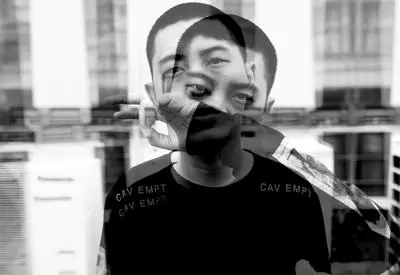 SUGGESTED READING
The Lies That Bind Us
By Kwame Anthony Appiah
Politics is ontologically rooted in natality, which means that politics is not only concerned with conflict and death, but even more so, with birth, new beginnings and action. In contrast to her professor and lover, Martin Heidegger, who insisted on the pivotal importance of death, Arendt argues for the centrality of birth: ‘Since action is the political activity par excellence, natality, and not mortality, may be the central category of political, as distinguished from metaphysical thought.’ In The Human Condition (1958), she shifts the discussion of politics from the existential threat of friend versus foe to that of action, new beginnings, spontaneity and freedom. The fact that individuals are born into the world means that individual and generational change is possible. Influenced by St Augustine, she wrote that each person is a ‘beginner’ and an ‘initium’ with the capacity to learn from his or her mistakes. Arguing against the grain of philosophical retreat from the world of appearances, Arendt underscores the power that individuals have to act together for political change. Since action is rooted in the power to begin anew, the outcomes of new beginnings, while unpredictable, offer hope for a shared future.
SUGGESTED READING
The Lies That Bind Us
By Kwame Anthony Appiah
Politics is ontologically rooted in natality, which means that politics is not only concerned with conflict and death, but even more so, with birth, new beginnings and action. In contrast to her professor and lover, Martin Heidegger, who insisted on the pivotal importance of death, Arendt argues for the centrality of birth: ‘Since action is the political activity par excellence, natality, and not mortality, may be the central category of political, as distinguished from metaphysical thought.’ In The Human Condition (1958), she shifts the discussion of politics from the existential threat of friend versus foe to that of action, new beginnings, spontaneity and freedom. The fact that individuals are born into the world means that individual and generational change is possible. Influenced by St Augustine, she wrote that each person is a ‘beginner’ and an ‘initium’ with the capacity to learn from his or her mistakes. Arguing against the grain of philosophical retreat from the world of appearances, Arendt underscores the power that individuals have to act together for political change. Since action is rooted in the power to begin anew, the outcomes of new beginnings, while unpredictable, offer hope for a shared future.
___
"By resigning ourselves to the belief that political engagement is futile, we remove ourselves from the world and from one another."
___







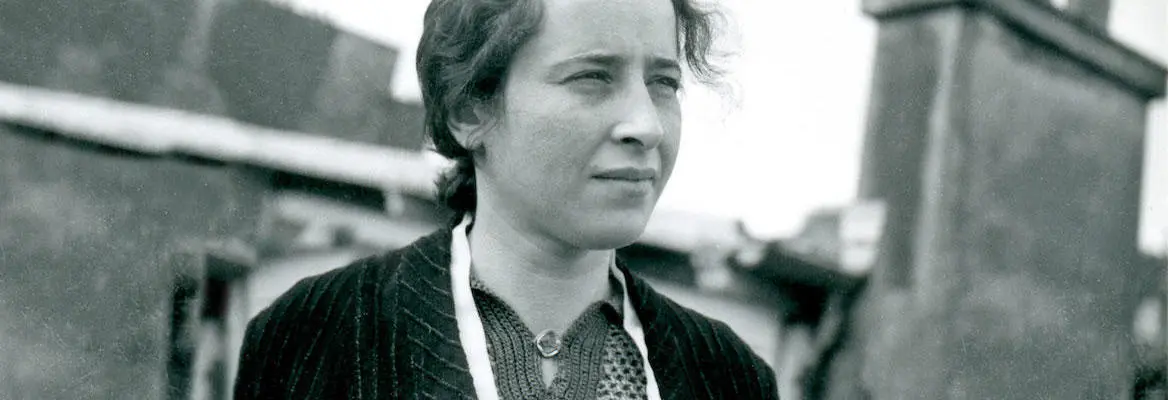



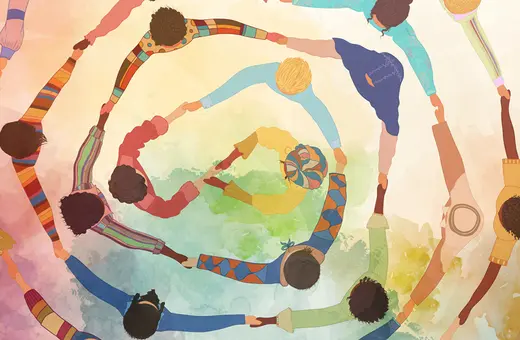

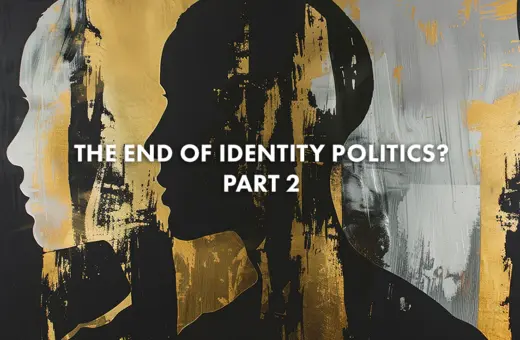



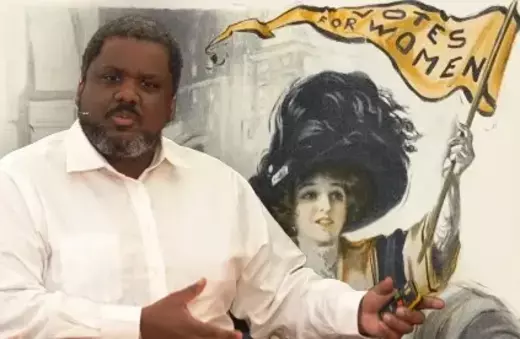



Join the conversation